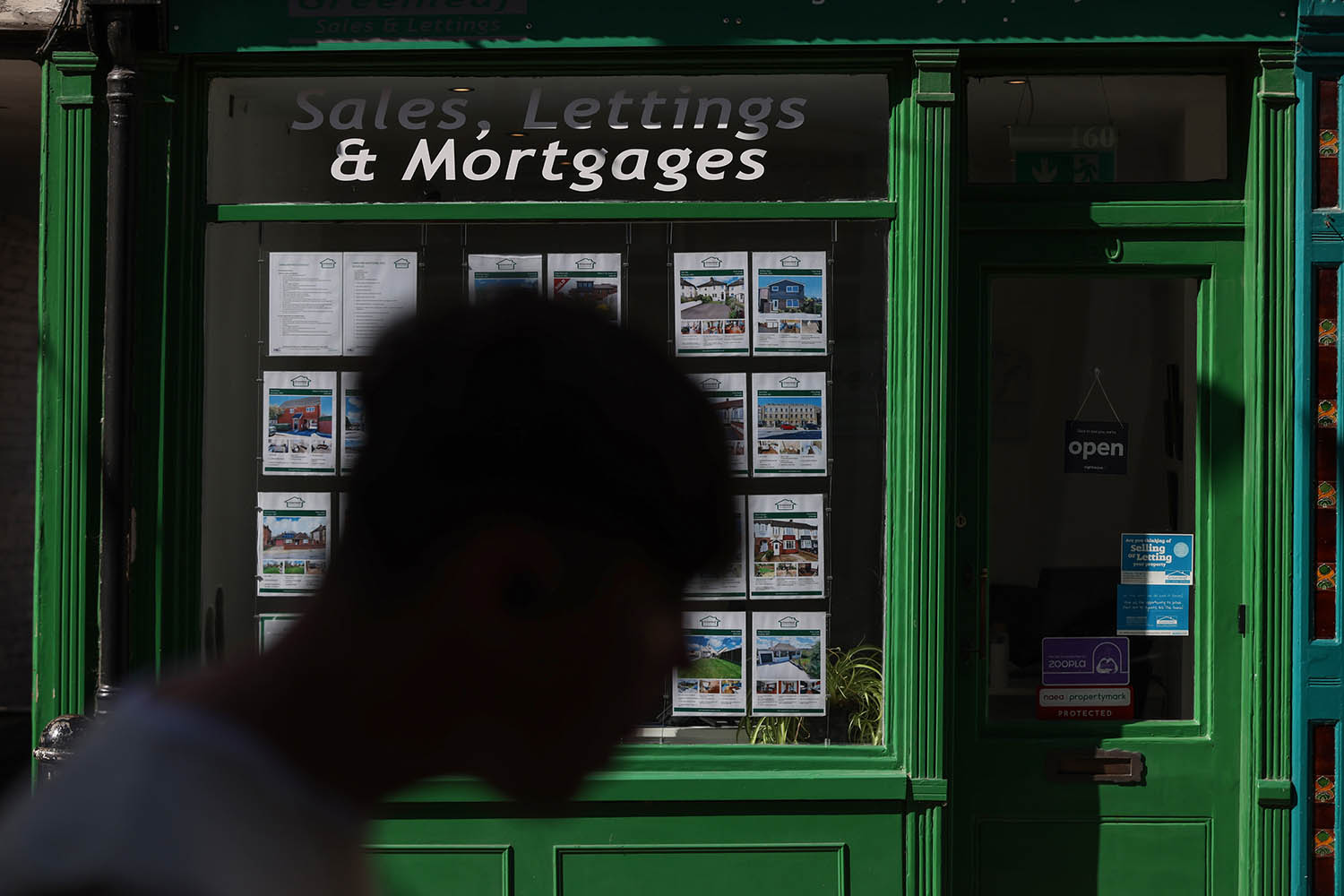When Amber Leaux graduated from university in 2018, she moved back into her parents’ council flat in north London to save for her first home.
Since then Leaux, a PR consultant and the host of the Style & City Diaries podcast, says she has saved a 10% deposit. But an announcement by chancellor Rachel Reeves last week, which will make mortgages available to those on lower incomes, may mean Leaux can buy her first home – and move out of her parents’ flat – “by the end of the year”, she says.
Data published by the Institute for Fiscal Studies (IFS) in January this year showed that 1.7 million 24 to 34-year-olds, or 20% of that age group, are living with their parents – the most in two decades.
The government estimated that Reeves’s new rules, which will increase the number of people who can borrow at more than 4.5 times their salary, the current limit, and allow first-time buyers on lower incomes to take out mortgages, will help 36,000 people to climb the first rung on the housing ladder.
Reeves also extended the mortgage guarantee scheme, which provides government guarantees for high loan-to-value mortgages, while a review by the Financial Conduct Authority (FCA) could also mean that first-time buyers will be able to use their rent record as proof that they can afford a mortgage.
The changes couldn’t have come at a better time for those who, like Leaux, are relying on the “hotel of mum and dad”. This autumn, the renters’ rights bill is due to pass into law – potentially leading to hundreds of thousands of homes coming on to the market.
The bill will introduce limits on rent increases, make it harder to evict tenants and require landlords to maintain their properties to a higher standard. Landlord groups aren’t happy. One survey, by the buy-to-let lender Landbay, suggested that 16% of landlords could sell their rental homes if the bill goes through, leading to 750,000 properties coming on to the market. That may lead to rises in rental prices, say experts – but it could be the perfect moment for those attempting to buy their first home.
“These policies together could push in the same direction in terms of actually boosting home ownership among people who are on the margins of being a renter or being an owner,” said David Sturrock, associate director at the IFS.
Reeves’s announcement has already had an effect. Last week, Nationwide made its “helping hand” mortgage, which allows people to borrow at a 95% loan-to-value ratio, available to first-time buyers on a salary of as little as £30,000, down from £35,000, which it said would allow another 10,000 people to buy their first homes. However, critics say that without a significant upsurge in the number of homes being built, the scheme will simply pile more debt on young people, while continuing to push up house prices.
However, increasing housebuilding is easier said than done. Although the government has set a target of building 1.5m new homes by 2029, figures published in March by the Office for Budget Responsibility (OBR) showed that England is on track to get just 1m new homes by that date. Of those, it said, just 170,000 would come as a result of drastic planning reforms that the government hopes to introduce.
Newsletters
Choose the newsletters you want to receive
View more
For information about how The Observer protects your data, read our Privacy Policy
For a government hoping to increase home ownership among the young, this is a problem. “You’re not going to be able to significantly reduce the numbers of people living at home without building more,” said Nye Jones, head of campaigns at Generation Rent.
“Some young people might be able to buy [as a result of last week’s announcement] – but if we have the same number of homes, others will lose out and remain stuck with their parents.”
Photograph by Hollie Adams/Bloomberg via Getty



